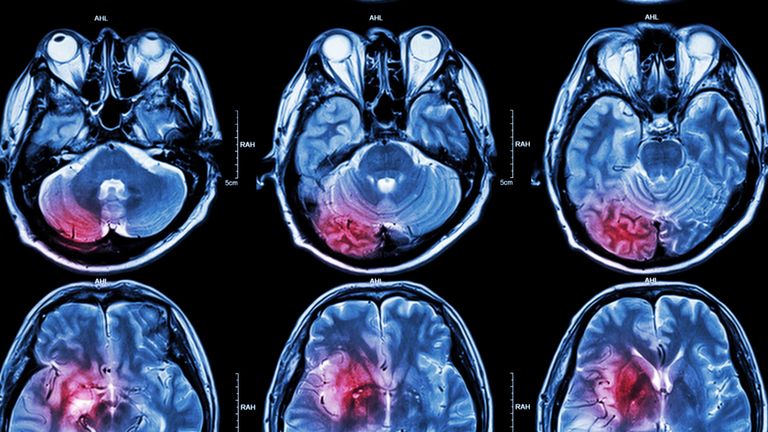The first signs of cancer can appear decades before diagnosis, scientists have found - a discovery that could revolutionise treatment of the disease.
One of the biggest international studies into the causes of cancer has found genetic mutations that drive the disease begin to occur long before any other signs surface.
Professor Peter Johnson, NHS national clinical director for cancer, said: "Finding ways to turn research like this into tests we can use in the clinic, could revolutionise when and how we diagnose cancer in the future.
"The NHS has committed to expanding genomic testing for patients as part of our long-term plan, and is focused on action to diagnose three-quarters of cancers at an early stage, when treatment is most effective."
An international team of researchers, which included experts from the UK, looked at the genetic material, or genome, of tumours.
The team analysed and sequenced nearly 2,700 whole genomes of cancer samples and mapped mutations in 38 different types of tumours.
While human cells undergo billions of mutations, only a small number of them, called driver mutations, give rise to cancer.

Image:The 'carbon dating method' was effective in spotting two types of brain tumours
Using what they describe as a "carbon dating method", they were able to determine the order in which the mutations happened and the relative timing between them.
The team found that these mutations occurred "particularly early" in ovarian cancer as well as two types of brain tumours, glioblastoma and medulloblastoma.
Clemency Jolly, from the Francis Crick Institute and one of the researchers involved in the research, said: "What's extraordinary is how some of the genetic changes appear to have occurred many years before diagnosis, long before any other signs that a cancer may develop, and perhaps even in apparently normal tissue."
Dr Lincoln Stein, from the Ontario Institute for Cancer Research in Canada, who was also involved in the research, said: "With the knowledge we have gained about the origins and evolution of tumours, we can develop new tools and therapies to detect cancer earlier, develop more targeted therapies and treat patients more successfully."
Around 363,000 new cancer cases are reported in the UK every year, according to Cancer Research UK, with the disease causing 165,000 deaths annually.
The comprehensive analysis - involving 1,300 scientists and clinicians from 37 countries - is detailed in six papers published in Nature and is as part of a wider collection of 22 papers published in other Nature Research journals.
 简体中文
简体中文

